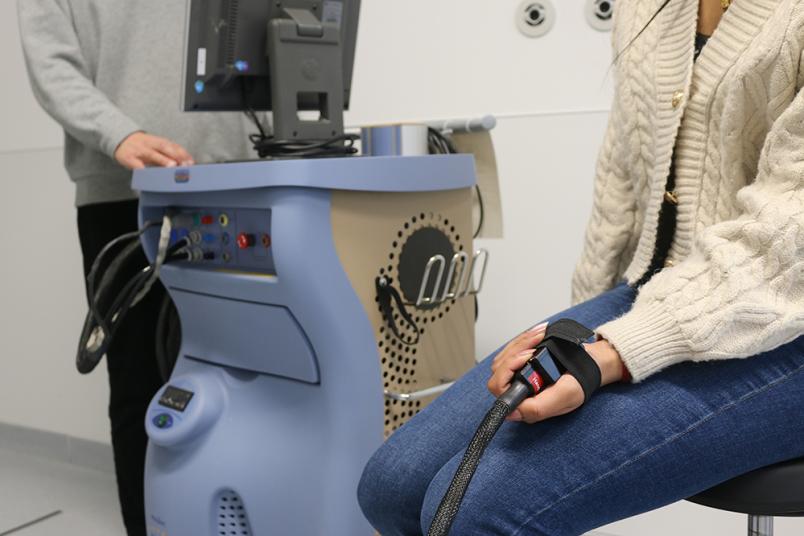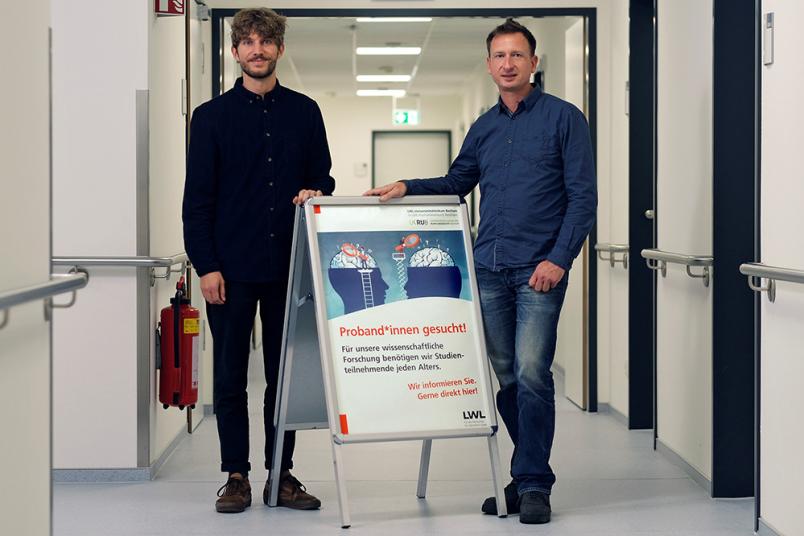Fibromyalgia
Pain out of control
Feeling like we have a degree of control makes us tolerate pain better. In the case of fibromyalgia, however, this simply doesn’t work. A study provides clues as to why.
Fibromyalgia is a mysterious chronic pain disorder that is difficult to treat. Its causes are also still largely in the dark. A study conducted by the team at the Clinic for Psychosomatic Medicine and Psychotherapy at Ruhr University Bochum, Germany, provides evidence that certain brain areas involved in processing pain don’t function normally in fibromyalgia patients. In healthy people, they ensure that pain that we can control is easier to bear. The study found that these brain areas showed altered activity in patients with fibromyalgia. The research team headed by Professor Martin Diers published their findings in the journal NeuroImage: Clinical of 21 February 2023.
Controlling the off switch for heat pain
The degree to which we experience pain and the restriction caused by it depend largely on how we perceive it. If we have the feeling that we can control the pain and shut it down ourselves, for example, we will tolerate it better than if we feel at its mercy. “For people with chronic pain, the inability to control repeated attacks of pain is one of the most significant causes of impaired quality of life,” explains Benjamin Mosch, lead author of the study. “And yet, the underlying neural mechanisms have so far mainly been studied in healthy controls.”
In the current study, the team compared two female cohorts: 21 healthy participants and 23 fibromyalgia patients. Both groups were exposed to heat pain while their brain activities were monitored by functional magnetic resonance imaging. In one experimental run, the participants were able to stop the pain stimulus themselves. In another run, a computer controlled the start and end of the stimulus. “We kept the duration of the stimuli terminated by the computer the same on average as the stimuli terminated by the test subjects,” says Martin Diers.
Cognitive resources are impaired
When women in the healthy control group were able to terminate the pain stimulus themselves, a number of mainly frontal brain areas were activated that seem to play an important role in modulating pain. This observation is consistent with previous studies involving healthy subjects. “Interestingly, however, we didn’t detect any such activations in our patient group,” points out Martin Diers. “This can serve as evidence for impaired pain processing among patients with fibromyalgia. It indicates that the cognitive resources for dealing with acute pain are impaired in these patients.”

